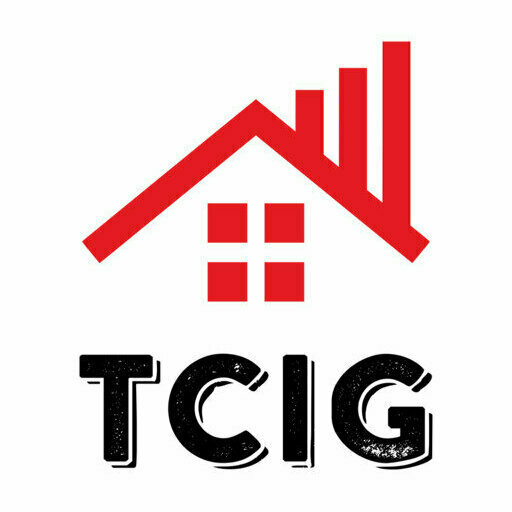Know the Code to Avoid Fines
At around $100 a pop, code violations can quickly turn into hefty fines. However, city leaders take code violations seriously because they not only lower your property value but can also be a strike against the neighborhood and the city.
Knowing the most common violations allows you to fix them quickly.
There’s also financial help available for property owners who want to get up to code, but the price tag for all the work threatens to be a budget-buster.
Help is available
There’s a 0% interest loan coming for homeowners who need to get their property into compliance. It’s called the Housing Rehabilitation Assistance Program. There are some income cap requirements, and the home’s value must be under $311,980.
The Housing Rehabilitation Assistance Program loans will be available in 5, 10, or 15-year terms. A homeowner who makes on-time monthly payments for 15 years may also receive loan forgiveness.
8 most common code violations in St. Petersburg
The term used for homes or neighborhoods that are neglected or in a rundown condition is known as blight. Issues may include safety, cleanliness, attractiveness, and conditions that lower property values.
Residential Parking
City codes define where vehicles and equipment can be parked in neighborhoods and on a homeowner’s property. The aim is to keep areas all around the city safe and looking nice. The city provides the Good Neighbor Guide to Residential Parking to help.
Domestic equipment
Boats, campers, recreational vehicles, and utility trailers are domestic equipment. The city allows two pieces of such equipment on a homeowner’s property. However, there are size limitations: Up to 35’ long, 8’ wide, and 12’ high. Additionally, such vehicles must be in the rear or interior lot of the property, not parked on the street.
Commercial equipment
Commercial equipment can’t be parked in residential neighborhoods unless it’s in a completely enclosed building that’s up to code. Commercial means vehicles with external commercial advertising for an industrial function. Here’s the city’s brochure regarding commercial equipment parking.
Outdoor storage
There are limits to what homeowners can leave in their yards. Any items not used outdoors must not be stored outdoors. For example, lawn furniture is fine, but appliances or indoor furniture are not. Any trash should be properly disposed of and never left to collect in a yard. Refer to the city’s brochure regarding junk and outdoor storage.
Inoperative motor vehicles
Officials say whether commercial or domestic; if a vehicle doesn’t run, it can’t be parked anywhere in the city. This includes abandoned and disabled vehicles. Towing fees and fines will apply.
Unfit or unsafe property
Homes and properties that are poorly maintained have lower property values and can draw criminals to the area. It can also cost homeowners through code violation fines.
Review the following city brochures for help understanding and fixing any issues. And remember, the Housing Rehabilitation Assistance Program may be able to help. Also, see these brochures:
Property and Building Maintenance
Yard maintenance
Property owners must maintain vegetation on their private property and the adjacent city right of way. This includes mowing, edging, and trimming. Keeping large trees or other vegetation properly trimmed is also a matter of safety because they can do significant damage if they fall on the property during a weather event or due to poor health.
Homeowners who don’t properly maintain their property risk the city coming in, doing the necessary work then assigning charges to the homeowner.
Here’s a good overview of St. Petersburg Yard Maintenance Standards.
Yard parking
There are approved areas for vehicle and equipment parking in residential areas. For example, homeowners can park motorcycles and passenger vehicles such as cars and pickup trucks in front of a home or in a side yard. Parking in unapproved areas can result in a fine.
Selling a home with code violations
It is possible to sell your home with open code violations. However, it will cut into your profit. So first, consider bringing the entire property up to code before putting it on the market.
You’ll have a violation notice which should include a photo of the issue, the violation number, the type of violation, the date it was issued, penalties such as fines, and steps to fix the problem. That’s essential information, so you have a good starting point when getting estimates on repairs.
Conclusion
Being notified your property is not up to the city’s standards can be upsetting. It may help to view the notice as an opportunity to improve your property’s value. Everyone in the neighborhood and the city are subject to the same rules. Fixing code violations also makes sure people are good and responsible neighbors to each other.
